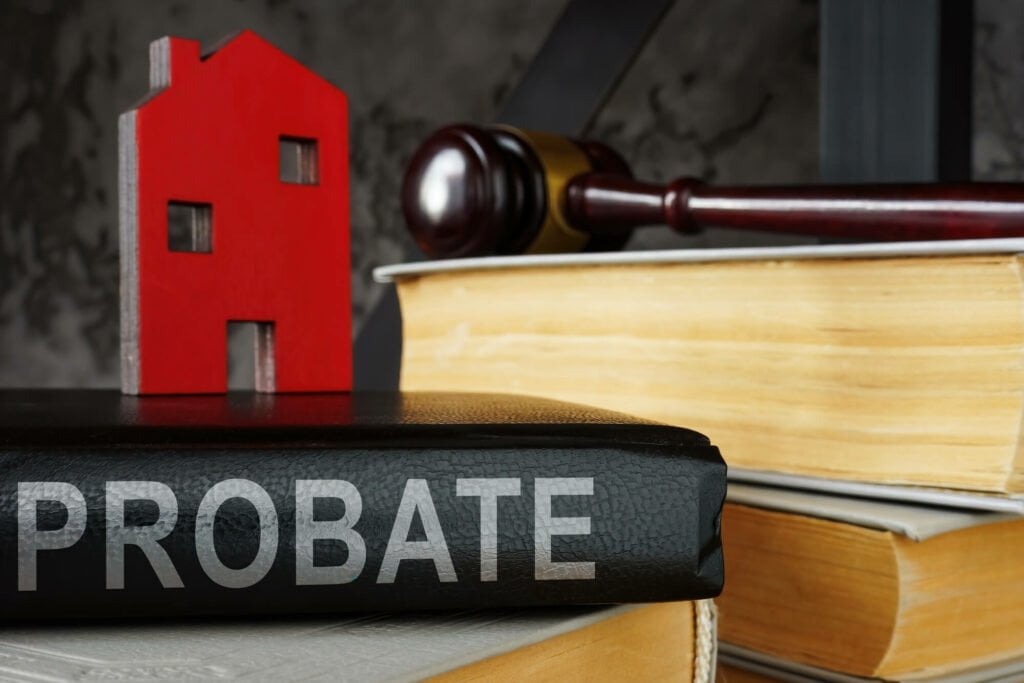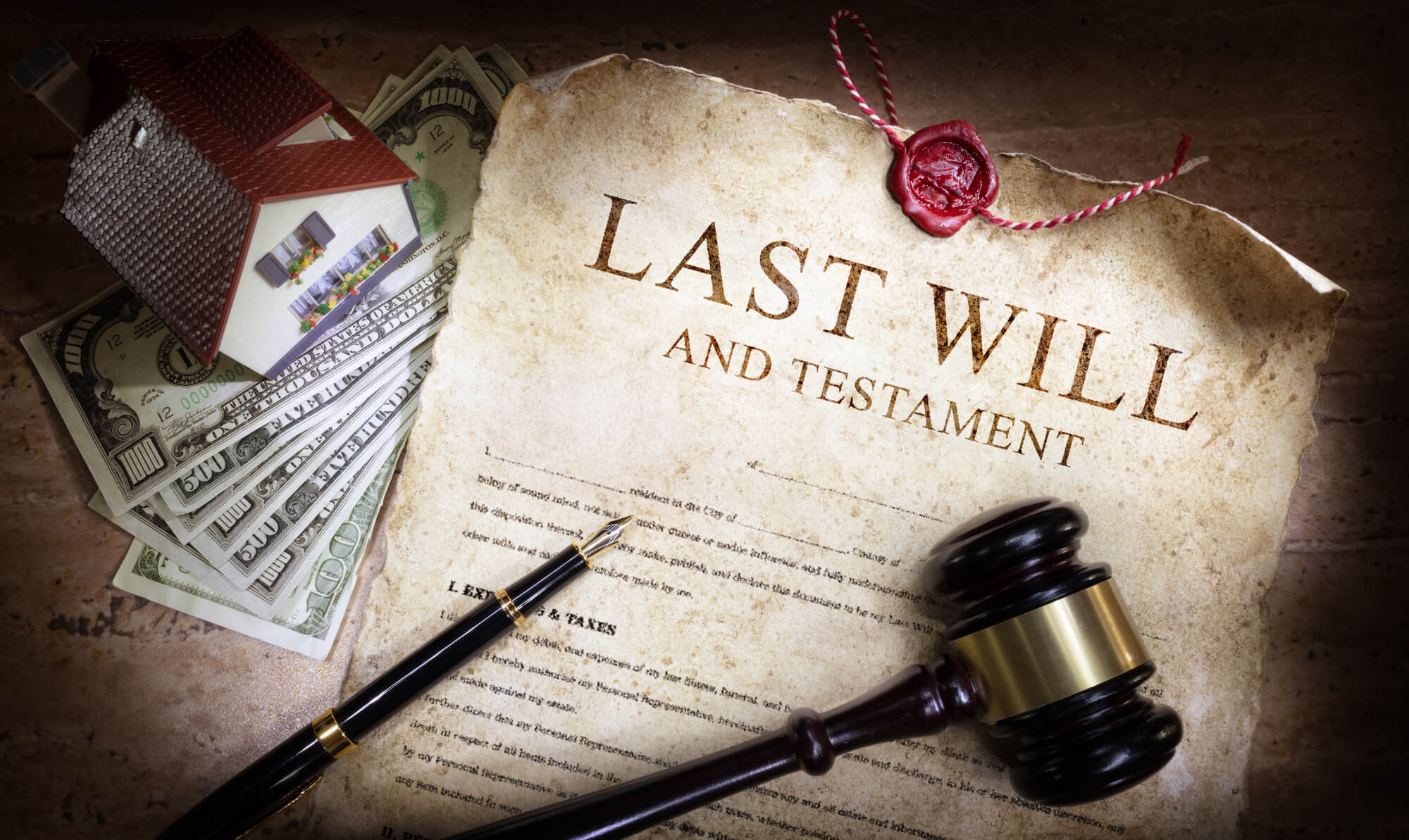Probate application is an essential aspect of the process of distributing the estate of a deceased loved one. Probate, otherwise known as a grant of probate, is the legal document that shows the executor or next of kin has the right to deal with the assets of the deceased person.

The probate process can be quite strenuous but you can always get help from a probate solicitor. The process is the same whether there’s a will or not. The only difference is that if there’s no will, then the executor will be issued with a letter of administration instead of the grant of probate.
Before applying for probate, you need to establish the value of the deceased’s property. Some of the things you need to do when applying for probate include the following:
- Get the death certificate
- Get a copy of the will
- Establish the value of the estate
- Pay the inheritance tax
- Apply for probate
- Pay probate fees
Why do I need the death certificate
You need the death certificate when applying for probate. This means that you need to register the death at the registry office within five days of taking place so that you can be issued the Certificate of Registration of Death. Aside from probate, you’ll need the certificate when dealing with the deceased’s property, bank accounts, and other assets.
Acquiring the certificate will cost you £11 for one copy. However, if the estate is complex, you might need several copies to submit to different organisations to speed up the process (most prefer official copies), meaning it will cost you more.
How to get a copy of the will

If your loved one left a will behind, you need to find it first before you apply for probate. The first place you’d search for the original will would be among any important documents in the house. You can also search online on the National Will register.
If the deceased had a probate solicitor, you can always ask for a copy of the original will from them. In cases where the will can’t be found or if the deceased didn’t have one, letters of administration are issued instead of a grant of probate. According to the rules of intestacy, the one who is likely to inherit the most/next of kin is the one who’ll apply for probate.
How to establish the value of an estate
The executor or administrator is the one responsible for valuing the deceased’s estate for probate. Depending on how complex the estate is, you can always hire a professional probate valuer to help you out. It’s a requirement to determine the accurate value of your loved one’s estate before any probate application.
It’s advisable to get a RICs qualified surveyor to avoid any complications. An accurate valuation of the house goods and chattels will help determine whether the value is above or below the inheritance tax threshold. You don’t want to get into any trouble with the HMRC when it’s time to pay inheritance tax.
Pay the inheritance tax
The inheritance tax threshold determines whether an estate is liable for any inheritance tax or not. The inheritance tax threshold for 2020/2021 is £325, 000. Anything above this threshold is required to pay 40% tax, although this isn’t the case most of the time.
When valuing the estate, you should ensure that the value is accurate so that you can avoid overpaying or being accused of fraud for not paying the right amount to the HMRC. When it comes to married couples the threshold is still the same although this can increase to £650,000 if one partner dies and the other inherits their property.
The inheritance tax is paid using the IHT400 form and the IHT205 tax form for any amount below the threshold. The IHT forms are available online and they’re what you’re required to submit when applying for probate.
- Discover what is probate?
How to apply for probate
The probate registry is responsible for all probate applications. Once the application has been approved, they’ll issue the executor or estate administrator with a grant of representation. If there’s a will you get a grant of probate and a letter of administration if there’s no will.
When applying for probate if there’s a will, you’ll be required to fill the PA1P form and PA1PA probate application form if there’s no will. Although applying online is an option, you need to be very careful when filling the forms and with the details, you choose to submit as any delays can lead to unnecessary delays.
So, how long does it take to get grant of probate? Usually, it takes anywhere between 1 to 3 months but if the estate is complex, then this can take up to six months or even longer. The documents you need to submit when applying for probate include the following:
- Certified copy of the death certificate
- Valid will
- IHT forms
How much does probate cost
The probate registry fee will cost you £215. However, you’ll be required to pay £1.50 for every grant of representation copy you get. If the estate’s total value is below £5,000, you won’t have to pay for anything. If you hire a professional to help you out, you will pay a fee of £155, but you also have to consider the charges for handling the application process.
Although probate applications can be daunting at times, hiring a professional to help you out will undoubtedly make the process easier. It’s evident that accurate valuation is crucial for probate and most especially ensuring that you pay the correct amount of tax. But this can only be possible if you get a professional valuer to help you out. Fortunately, you can contact Clearance Solutions for probate so you won’t need to make trips to the government offices.
Call now to see how we can help












